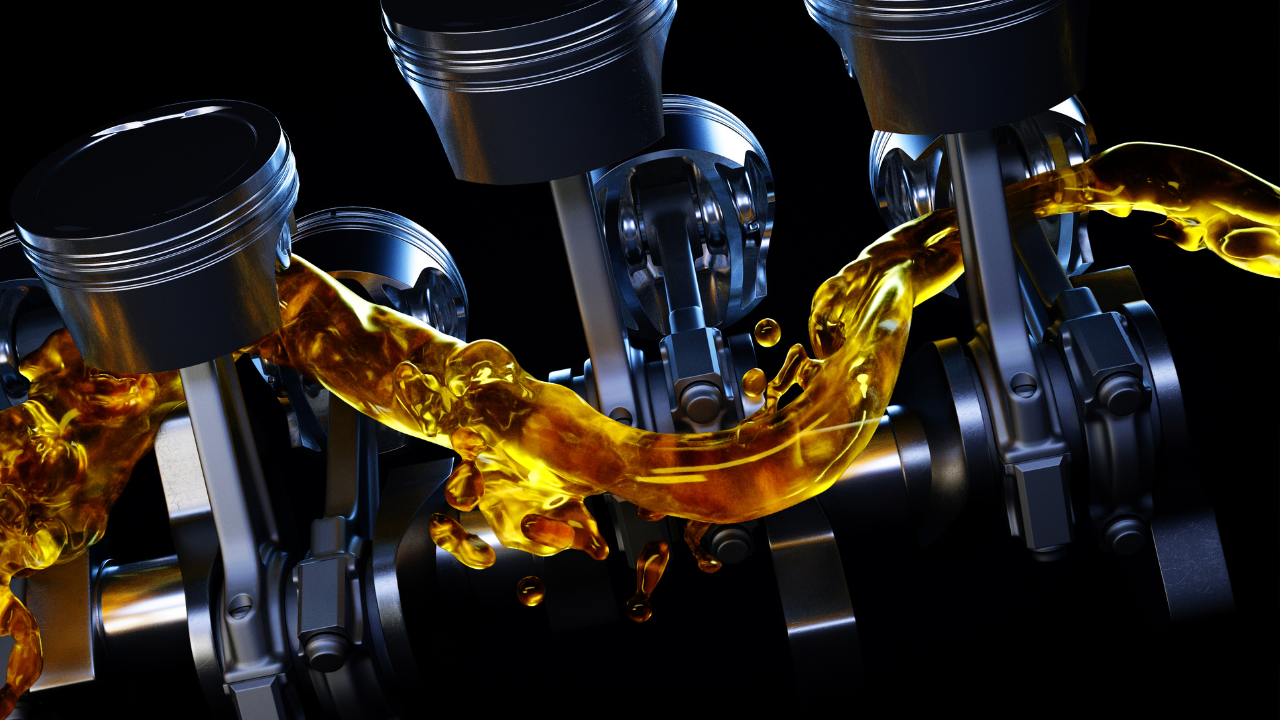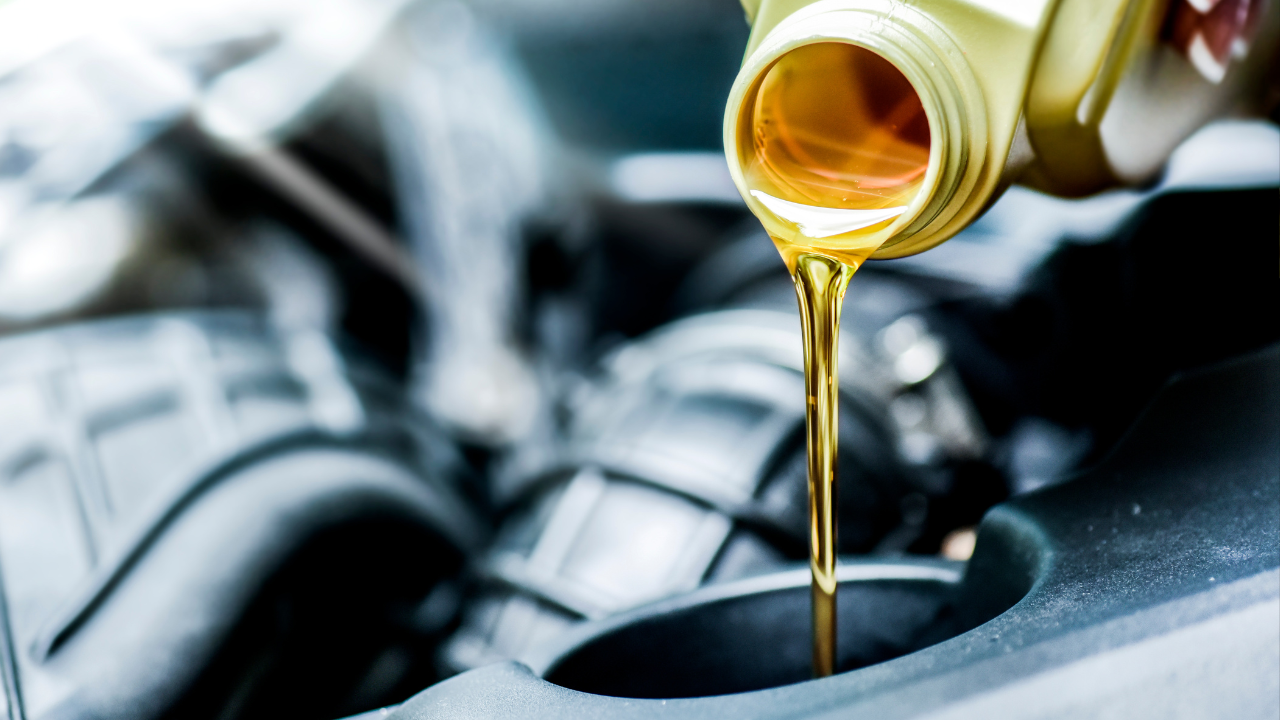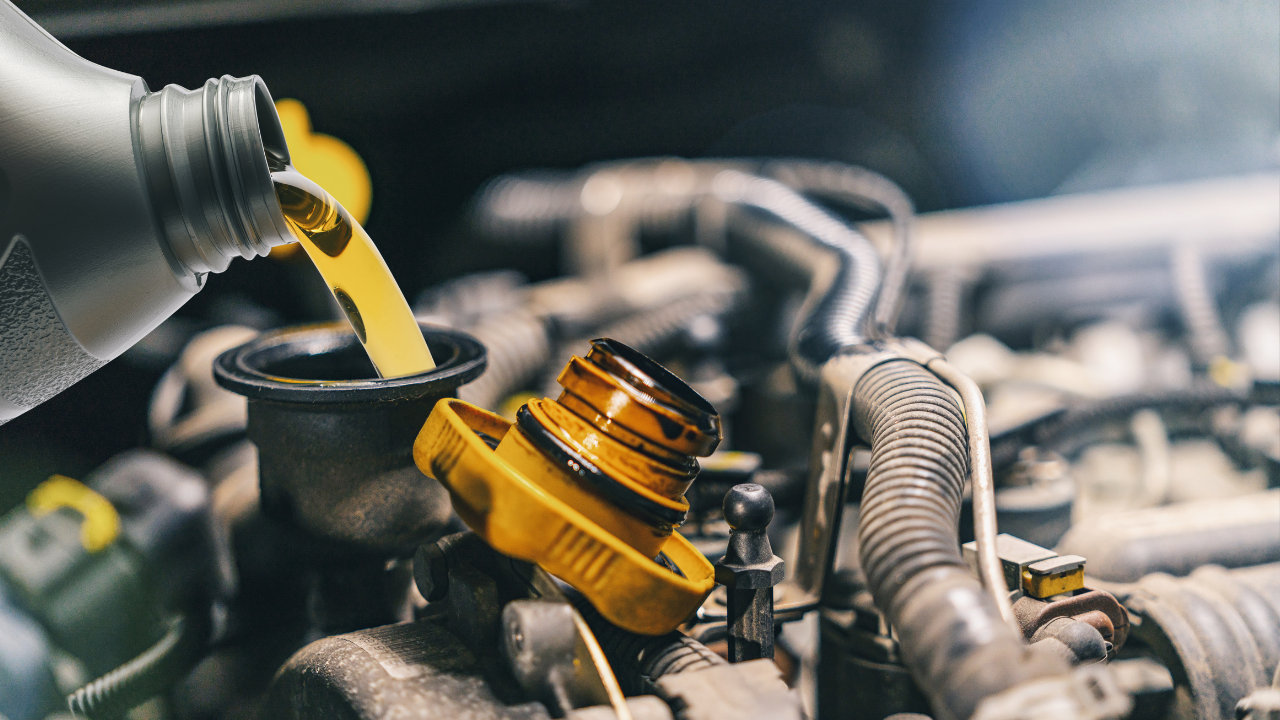Overfilling your engine with oil might seem like a harmless mistake, but it can lead to serious consequences for your vehicle’s performance and longevity. Understanding what happens when you overfill your engine with oil is crucial for maintaining the health of your car or truck. In this comprehensive guide, we’ll delve into the effects of overfilling, the signs to watch out for, and the steps you can take to remedy the situation before it causes irreparable damage.
The Importance of Proper Oil Levels:

Before delving into the consequences of overfilling your engine with oil, it’s essential to understand why maintaining the correct oil level is crucial. Engine oil plays a vital role in lubricating moving parts, reducing friction, and dissipating heat generated by the combustion process.
When the oil level is too low, these functions are compromised, leading to increased wear and potential engine damage. Conversely, overfilling can create its own set of issues, disrupting the delicate balance of lubrication and potentially causing severe damage to engine components.
Effects of Overfilling:
When you overfill your engine with oil, several adverse effects can occur. Firstly, the excess oil can aerate, forming foam that reduces the oil’s ability to lubricate effectively. This foam can also lead to increased oil pressure, putting strain on seals and gaskets and potentially causing leaks.
Additionally, overfilling your engine with oil can create drag on rotating components, such as the crankshaft, leading to reduced engine efficiency and increased fuel consumption. In extreme cases, overfilling your engine with oil can result in hydrolock, where the excess oil is drawn into the combustion chamber, causing catastrophic engine failure.
Increased oil pressure:

One of the most immediate consequences of overfilling your engine with oil is increased oil pressure. As the crankshaft rotates, it splashes through the excess oil, creating resistance and elevating pressure levels within the lubrication system.
This elevated pressure can strain seals and gaskets, leading to leaks that may go unnoticed until they cause significant damage. Additionally, the increased pressure can put stress on other engine components, potentially leading to premature failure if left unchecked.
Foaming and Air Entrapment:
Overfilling your engine with oil can also lead to foaming, where air becomes trapped in the oil and forms bubbles. This foam reduces the oil’s ability to lubricate effectively, as air pockets replace the oil film that would normally separate moving parts.
Without proper lubrication, friction increases, leading to accelerated wear and potential damage to engine components. Furthermore, air entrapped in the oil can create pockets of high pressure that further stress seals and gaskets, increasing the risk of leaks.
Impaired Lubrication and Cooling:

Proper lubrication is essential for maintaining the health and longevity of your engine, as it reduces friction between moving parts and helps dissipate heat generated during operation. However, overfilling your engine with oil can impair this critical function.
Excess oil can create drag on rotating components, reducing their efficiency and generating additional heat. This can lead to overheating and premature wear on vital engine parts, such as bearings and pistons. In extreme cases, the excess heat can cause the oil to break down, further compromising its ability to lubricate and cool the engine.
Hydrolock and Catastrophic Failure:
Perhaps the most severe consequence of overfilling your engine with oil is the risk of hydrolock, a condition where liquid oil is drawn into the combustion chamber and prevents the piston from completing its stroke. This can occur if the excess oil fills the crankcase to the point where it enters the engine’s intake system or if it seeps past the piston rings during operation.
Hydrolock can cause immediate and catastrophic engine failure as the piston is unable to compress the liquid oil, resulting in bent connecting rods, cracked pistons, or even a shattered engine block.
Signs of Overfilling Your Engine with Oil:
Identifying Overfill Oiling your engine is essential for preventing further damage and addressing the issue promptly. Some common signs to watch out for include:
- Elevated oil pressure readings on the dashboard gauge.
- Excessive oil consumption or leaks around seals and gaskets.
- Engine misfires or rough idling due to impaired combustion.
- Blue smoke from the exhaust indicates burning oil.
- Decreased fuel efficiency and performance. If you notice any of these symptoms, it’s crucial to check your oil level and correct any overfilling to prevent further damage to your engine.
Remedies for Overfilled Engines:
If you’ve accidentally overfilled your engine with oil, don’t panic. There are steps you can take to remedy the situation and minimize the risk of damage. First, allow the excess oil to drain from the crankcase by removing the drain plug and capturing the oil in a suitable container. Be sure to dispose of the excess oil properly, following local regulations.
Once the oil level is within the recommended range, start the engine and check for any abnormal noises or signs of distress. If everything appears normal, you should be able to continue driving without issue. However, if you notice any unusual symptoms, it’s best to have your vehicle inspected by a qualified mechanic to ensure no damage has occurred.
Conclusion:
Overfilling your engine with oil is a common mistake that can have serious consequences for your vehicle’s performance and longevity. From increased oil pressure and foaming to hydrolock and catastrophic engine failure, the risks of overfilling are numerous and severe.
By understanding the effects of overfilling and knowing the signs to watch out for, you can take proactive steps to prevent damage to your engine and keep your vehicle running smoothly. Remember to always maintain the correct oil level and address any issues promptly to ensure the health and reliability of your car or truck. Reach out to Crossroads Helpline for expert advice!

